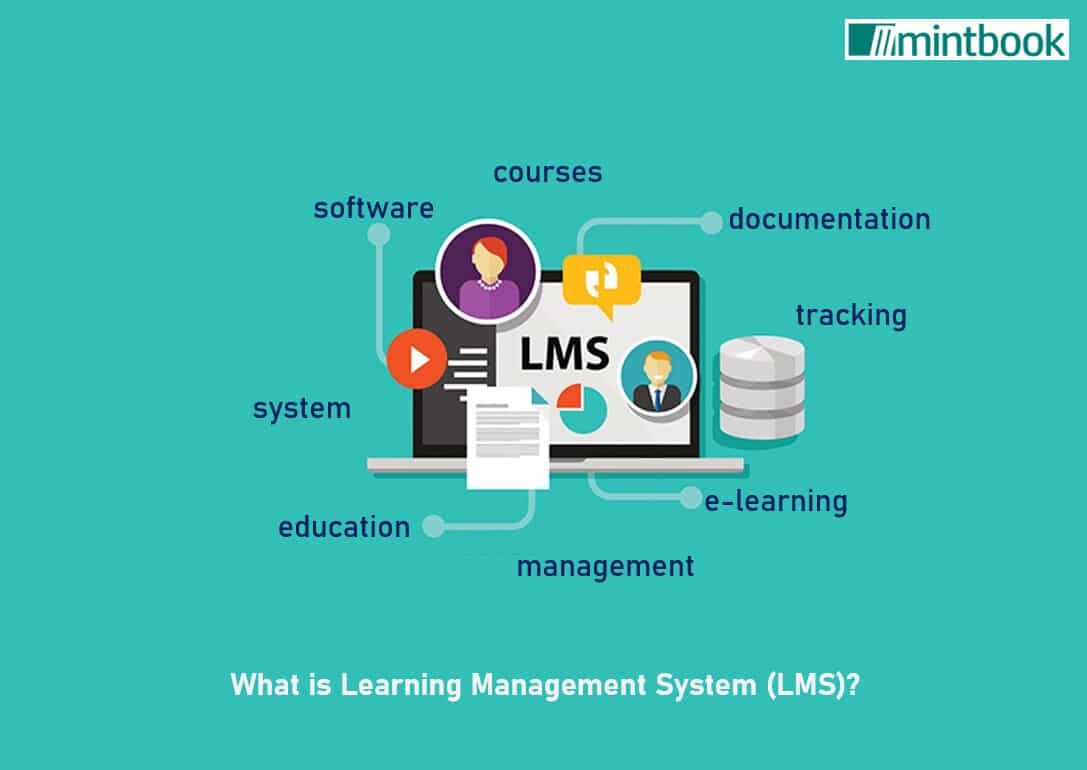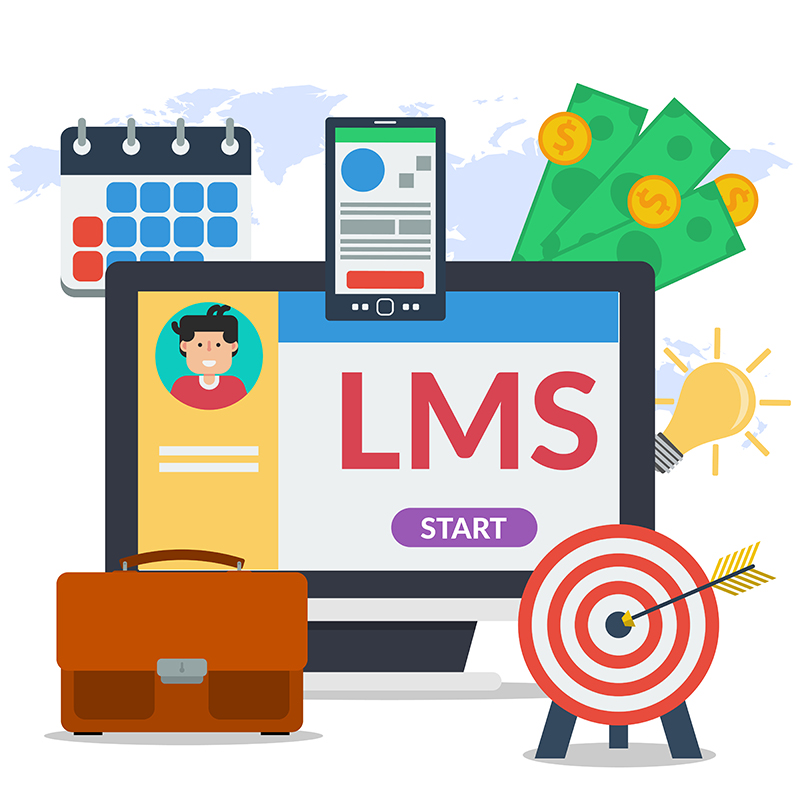Learning Management System Singapore for New Learning Approaches
Learning Management System Singapore for New Learning Approaches
Blog Article
The Ultimate Overview to Choosing the Right Learning Management System
Selecting an ideal Discovering Management System (LMS) is a pivotal choice that can considerably influence instructional effectiveness and general business goals. The subtleties of these factors to consider elevate vital concerns that warrant expedition, especially as the landscape of electronic discovering proceeds to evolve.
Comprehending Knowing Management Systems
In the context of contemporary education and training, a Learning Administration System (LMS) works as an essential device for delivering, monitoring, and taking care of instructional content. An LMS assists in the organization of educational sources, allowing establishments and companies to develop a centralized center for discovering products. This system sustains numerous discovering techniques, including online programs, combined learning, and conventional class settings.
LMS systems are made to improve the discovering experience by providing an organized environment where students can access content at their benefit. They typically include attributes such as analyses, progress monitoring, and coverage tools, which aid educators monitor trainee performance and engagement. Additionally, LMSs can be tailored to meet the certain needs of various students and organizations, allowing for customized instructional experiences.
The combination of an LMS into educational settings additionally promotes cooperation among learners and trainers, fostering a feeling of community through discussion forums and group projects. As organizations progressively identify the value of continual discovering and development, the duty of LMSs in helping with efficient training solutions remains to expand, placing them as essential properties in the academic landscape.
Trick Attributes to Think About
When picking an Understanding Administration System (LMS), a number of vital functions require mindful factor to consider to ensure the system aligns with educational purposes. Most importantly, user-friendliness is vital; a simple user interface facilitates convenience of navigation for both students and administrators.

Assimilation with existing tools is another significant facet; the LMS should perfectly get in touch with tools like CRM systems, video clip conferencing platforms, and material databases. canvas singapore. Mobile compatibility is progressively essential, as learners commonly like accessibility to sources on-the-go
Furthermore, customization choices enable institutions to tailor the LMS to their particular branding and pedagogical demands. Last but not least, consider the platform's scalability, guaranteeing it can accommodate future growth and changes in user demand. Focusing on these essential attributes will certainly help in picking an LMS that effectively enhances the learning experience and fulfills institutional goals.
Pricing Designs and Budgeting
Budgeting for an Understanding Management System (LMS) needs an extensive understanding of different prices models to make sure a sustainable financial investment. Organizations should review their particular needs and long-lasting objectives while taking into consideration the financial effects of each LMS choice.

In addition to the base pricing, organizations ought to additionally take into consideration prospective additional expenses such as application, upkeep, and assistance solutions. It is critical to examine the total price of ownership over the LMS's lifecycle, consisting of potential upgrades or added functions that might be needed as the company grows. By very carefully evaluating these rates versions and connected prices, companies can make informed decisions that align with their budgetary restrictions and educational purposes.
Examining Customer Experience
Assessing the performance of an Understanding Administration System (LMS) exceeds monetary considerations; customer experience plays a crucial function in the general success of the system. A properly designed customer interface can substantially improve interaction and retention, making it important to assess how user-friendly the system is for both managers and students.
When evaluating user experience, consider navigational simplicity, access features, and the responsiveness of the system throughout numerous tools. An LMS needs to supply a smooth experience, allowing users to swiftly find sources, track progress, and involve with web content without unneeded rubbing.
In addition, gather responses from real customers to evaluate contentment degrees and identify prospective discomfort factors. Focus teams or surveys can supply beneficial insights right into exactly how students interact with the system and any type of obstacles they encounter.
It's additionally review essential to take a look at the level of personalization available within the LMS. An adaptable system that allows organizations to customize the user interface and features to their certain demands can significantly improve user engagement. Ultimately, a positive individual experience cultivates an understanding atmosphere that urges participation and helps with expertise retention, making it a crucial factor in the option of an LMS.
Implementation and Assistance Choices
Successfully turning out a Knowing Management System (LMS) requires mindful consideration of both application techniques and recurring support options. A well-planned implementation technique is important for lessening disruptions and making the most of user fostering. Organizations should review whether they will handle the execution in-house or collaborate Source with the LMS vendor. In-house groups may require training and resources to successfully set up and personalize the system, while vendor partnerships can give experience and improve the procedure.
Recurring assistance is just as important to ensure the LMS stays efficient and user-friendly - canvas singapore. Organizations ought to examine the sorts of assistance supplied by the vendor, consisting of technical support, user training, and normal updates. A robust support group can help deal with concerns rapidly, consequently boosting individual contentment and engagement
Furthermore, take into consideration the accessibility of resources such as user handbooks, FAQs, and on-line discussion forums. These can empower individuals to repair their very own concerns and cultivate a feeling of area. Eventually, the best implementation from this source and support choices will certainly not only facilitate a smoother transition to the LMS however likewise contribute to its long-term success within the company.
Conclusion
Finally, selecting a suitable Learning Monitoring System (LMS) demands cautious consideration of several important variables, consisting of crucial attributes, rates models, individual experience, and execution methods. A well-chosen LMS not only improves instructional outcomes yet likewise promotes collaboration amongst users and incorporates seamlessly with existing tools. canvas singapore. Eventually, a thorough assessment of these components will support companies in achieving their academic objectives and guaranteeing an effective learning environment for all stakeholders included
Report this page